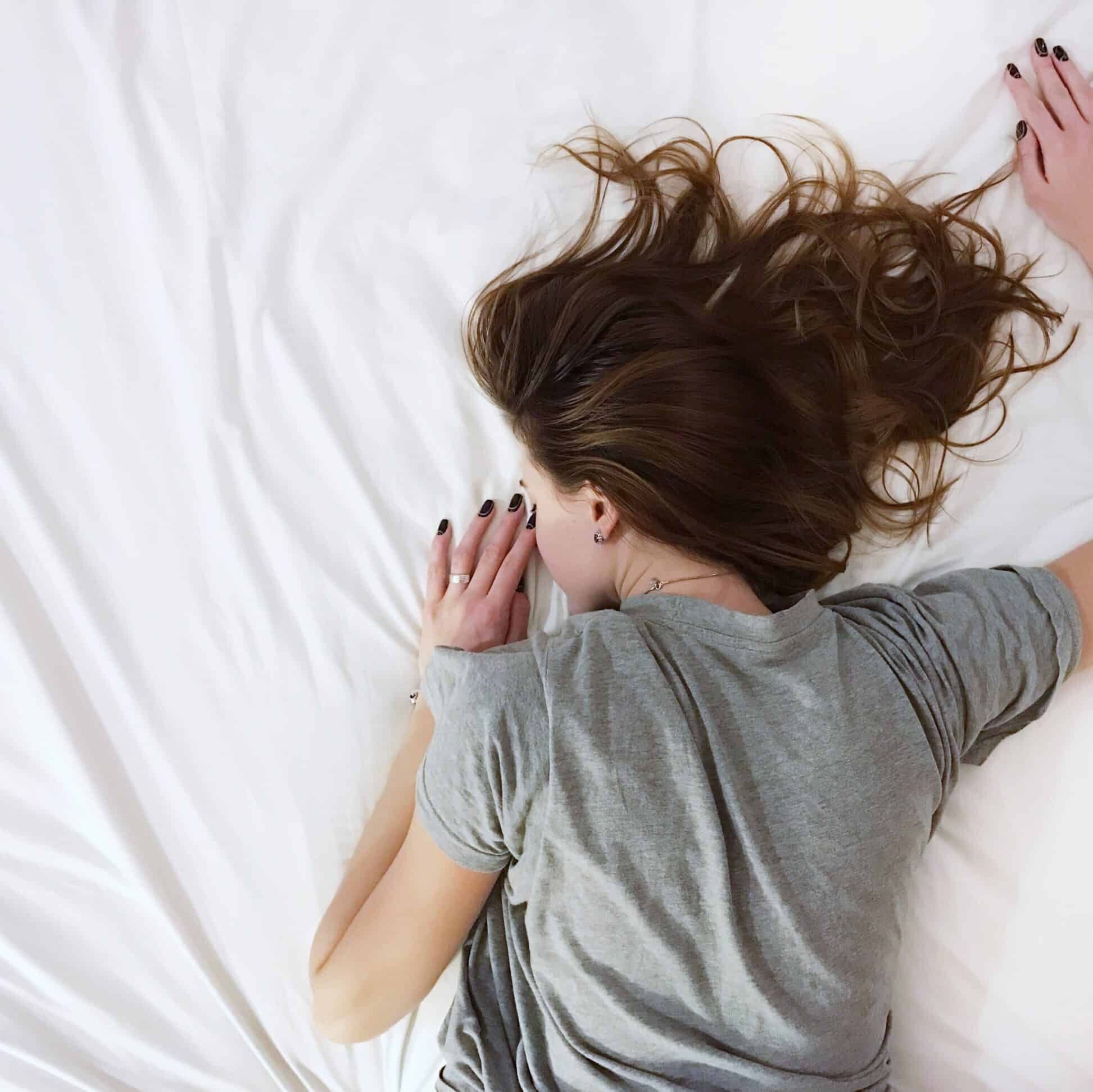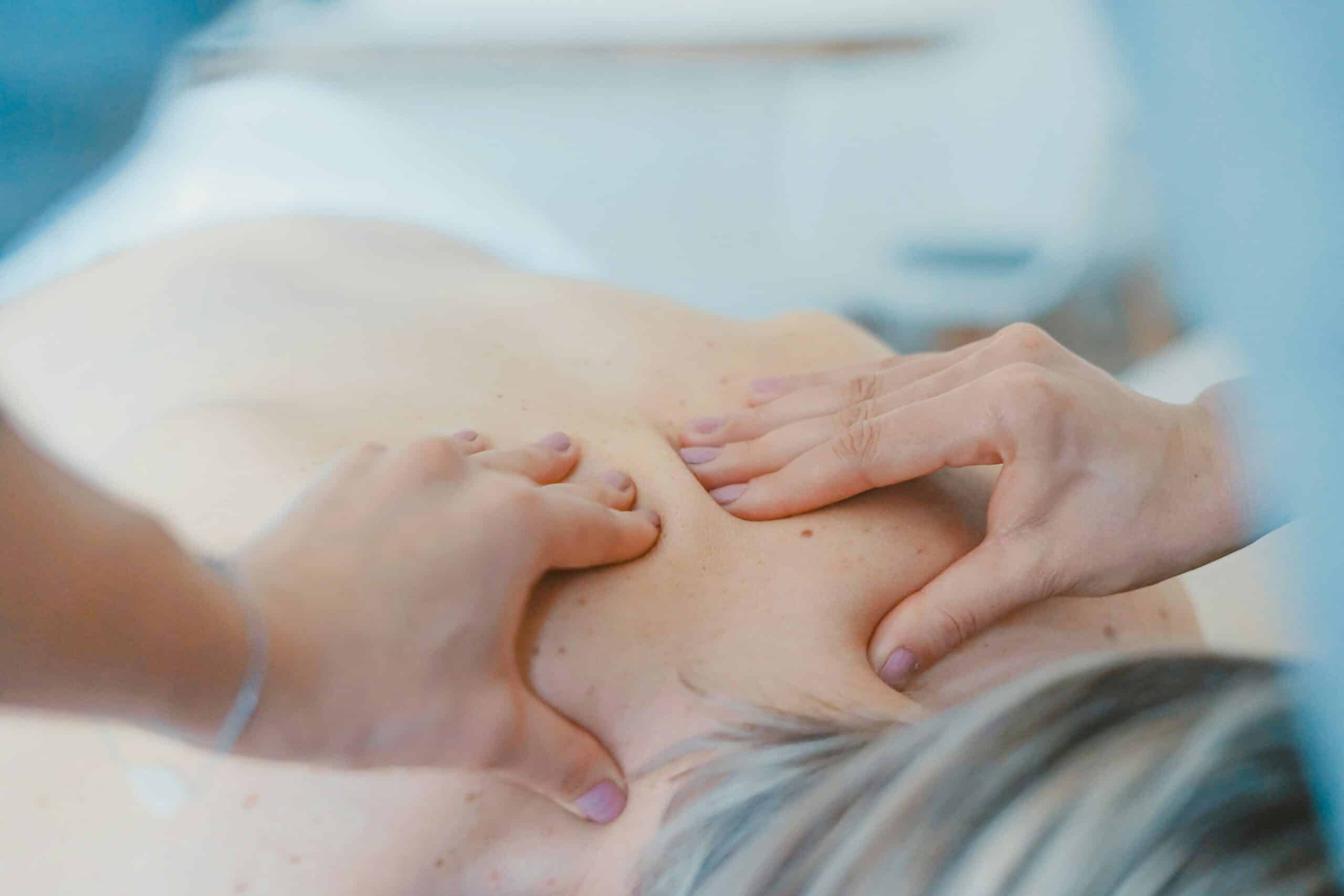Weight gain and night sweats? Are your pants too tight to button anymore? Or, are you sweating through your PJs in the middle of the night? You know you are not alone, but it sure can feel like it during perimenopause and menopause.

The Age of Weight Gain & Night Sweets
I’m in my fifties, and like most women my age, I know well the changes that come with altering hormones. But I’ve adjusted my diet and eating patterns and focus on self-care. And I’m eating lower in carbs, fasting longer at night and reducing stress. You likely have heard these recommendations, but there is a surprising underlying cause for what ails you.
As you know, many uncomfortable changes commonly come along with the drop in hormonal levels during this season of life – hot flashes, night sweats, surprising weight gain around the middle, etc. However, few people talk about these challenging changes that come with peri/menopause around the office cooler. Yet, you will spend one-third of your life in this new hormonal state. How you take care of yourself during this time is crucial.
Weight Gain and Night Sweats from Your Gut
But check this out. Did you know the severity of your symptoms may be closely related to your gut health?
So, stick around to learn 3 surprising things to help your gut health, reduce inflammation, and thereby, your peri/menopausal weight gain & night sweats (and other symptoms).
First, The Science
Your gut’s microbiome, the bacteria and other microorganisms living in your gastrointestinal tract, changes as you enter menopause due to your hormones changing.
Losing estrogen can lead to less desirable bacteria in the gut microbiome and less diversity.
According to Brandilyn Peters, Ph.D., “We think that because of decreases in estrogen and progesterone during menopause, the bacteria that normally metabolize these hormones become depleted, resulting in decreased diversity of the gut microbiome.” (1) Peters also found these changes are associated with health risks such as weight gain and high blood sugar, cholesterol and blood pressure. And these changes cause post-menopausal women’s microbiome to more closely resemble men’s.
Other Changes:
Also, this change in your hormones may affect your digestion too. You may experience digestive problems that once were just before your period (bloating, stomach pain and bowel movement changes) but are now all month long every month.
And changes in the gut affect your brain. In an article, Gut Microbiota and Neuroplasticity, scientists show “evidence linking bacteria in the gut and neurons in the brain (the microbiota-gut-brain axis).” (2) There is a critical link between healing your gut microbiome and the functioning of your brain. Fortunately, your brain has neuroplasticity, which is the ability to modify and adapt.
You may be wondering, “Is this how it will always be? Help!”
Yes there is help. Your brain and gut can healthily adjust to the new levels of hormones if you take the correct action now.
Improving your gut health can improve your metabolic health and the common problem of weight gain around your middle.
And a healthy gut microbiome can help regulate changing hormones and reduce the common side effects of peri/menopause beyond just weight gain & night sweats. It can help mood, memory, focus, bloating and on and on.
There is so much you can tackle to start improving your gut microbiome.
3 Surprising Things to Do to Improve Your Gut Microbiome
-
First, limit NSAIDs (non-steroidal anti-inflammatory drugs).
NSAIDs, non-steroidal anti-inflammatory drugs, are very commonly popped at the slightest pain. Asprin, ibuprofen, Advil, Motrin, Aleve, etc. are in almost every medicine cabinet in America. Get a complete list of these medications in the resources section. (3) They provide almost instant relief from pain and inflammation. So, how can there be any issues with taking them?
Though you may get relief from taking NSAIDs, they do nothing to get to the root cause of your problem. And they only mask your symptoms and your stressed-out immune system.
Also, look at the list of the common gastrointestinal side effects of one of these drugs, Aleve.
“Gastrointestinal:
Very common (10% or more): Dyspepsia, heartburn, nausea, constipation
Common (1% to 10%): Diarrhea, abdominal pain” (4)
Also, studies show a clear link between a change in gut bacteria and NSAIDs’ use. According to an article in Clinical Microbiology and Infection, The influence of non-steroidal anti-inflammatory drugs on the gut microbiome, “Bacteria in the gastrointestinal tract reflect the combinations of medications that people ingest.” (5)
It is increasingly clear how our daily actions affect our gut health. And simple changes may help reduce your weight gain and night sweats (and other peri/menopause symptoms).
Instead of NSAIDS, I use quality essential oils. If someone in my family has a headache, we use peppermint oil. Or, for a sore throat, we use lemon oil. And, for a bruise or cut, we use lavender oil.
Young Living Essential Oils has a great starter kit with everything you need to address common issues.
“Everyday Oils Essential Oil Collection” Click here to purchase:
Health Supplements from Young Living and Christie Kelemen

2. Buy local to increase the bacterial diversity you ingest.
I was very excited to learn yet another benefit of buying from local farmers. Purchasing your vegetables from a local, organic farm increases the diversity you add to your gut microbiome. This type of farm more often has a more microbe-rich soil and local foods travel shorter distances. This means not only are more nutrients retained due to faster transit times, but more microbes are as well. Buying local may just help your weight gain and night sweats. Another reason to love your farmer!
Besides the local food I find at my grocery store, I purchase from local farmers through Farmhouse Delivery in Austin, Texas. (6) You can find local farmers in your area by searching Eat Wild’s database. (7)
3. Eat butter. Yay!
Butter contains anti-inflammatory butyrate, which enhances gut functioning. Studies have shown that butyrate may lessen inflammation by reducing disease-causing (pathogenic) bacteria. (8) Kill off the bad guys with butter? Yum! My favorite way to keep my gut healthy.
Weight Gain and Night Sweats Conclusion
As you know, many uncomfortable changes commonly come along with the drop in hormonal levels during this season of life – hot flashes, night sweats, surprising weight gain around the middle, etc. How you take care of yourself during this time is crucial!
Did you know the severity of your symptoms may be closely related to your gut health? Your gut’s microbiome, the bacteria and other microorganisms living in your gastrointestinal tract, changes as you enter menopause due to your hormones changing. Losing estrogen can lead to less desirable bacteria in the gut microbiome and less diversity.
There is a critical link between healing your gut microbiome and the functioning of your brain. Fortunately, your brain has neuroplasticity – the ability to modify and adapt. A healthy gut microbiome can help regulate changing hormones and reduce the common side effects of peri/menopause beyond just weight gain & night sweats. It can help mood, memory, focus, bloating and on and on.
3 surprising things to do to improve your gut microbiome and reduce the inflammation in your body to reduce your weight gain & night sweats.
1. Limit NSAIDs.
2. Eat local.
3. Eat Butter.
There is so much you can tackle to start improving your gut microbiome.
If you have more questions about inflammation and gut health, let me know in the comments below.
For more information about improving gut health and living an anti-inflammatory lifestyle, check out these articles:
Benefits of Ginger Tea & Lemon Ginger Tea Recipe
Soothing Self-Care Ideas for Women Who Do Too Much
Stress: How To Relieve it to Ease Your Mind & Body
This blog post is for informational and educational purposes only. It is not intended to treat any health condition or to be prescriptive for anyone. Always be sure to work with your healthcare practitioner before making any changes.
Resources
1) ASM Journals, mSystems, Vol. 7, No. 3, “Menopause Is Associated with an Altered Gut Microbiome and Estrobolome, with Implications for Adverse Cardiometabolic Risk in the Hispanic Community Health Study/Study of Latinos” https://journals.asm.org/doi/10.1128/msystems.00273-22
2) Murciano-Brea J, Garcia-Montes M, Geuna S, Herrera-Rincon C. Gut Microbiota and Neuroplasticity. Cells. 2021 Aug 13;10(8):2084. doi: 10.3390/cells10082084. PMID: 34440854; PMCID: PMC8392499.
Gut Microbiota and Neuroplasticity – PubMed (nih.gov)
3) List of Common NSAIDs + Uses, Types & Side Effects – Drugs.com
4) Aleve Side Effects: Common, Severe, Long Term – Drugs.com
5) The Influence of Non-Steroidal Anti-Inflammatory Drugs on the Gut Microbiome
clinicalmicrobiologyandinfection.com/article/S1198-743X(15)00902-7/fulltext
(6) Farmhouse Delivery in Austin, Texas farmhousedelivery.com
(7) Eat Wild, eatwild.com
(8) Chen J, Vitetta L. The Role of Butyrate in Attenuating Pathobiont-Induced Hyperinflammation. Immune Netw. 2020 Feb 4;20(2):e15. doi: 10.4110/in.2020.20.e15. PMID: 32395367; PMCID: PMC7192831.
The Role of Butyrate in Attenuating Pathobiont-Induced Hyperinflammation – PMC (nih.gov)






